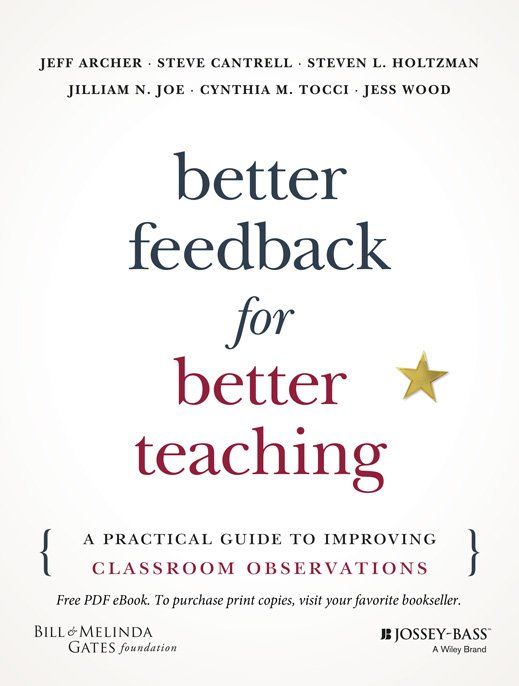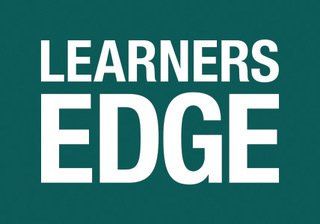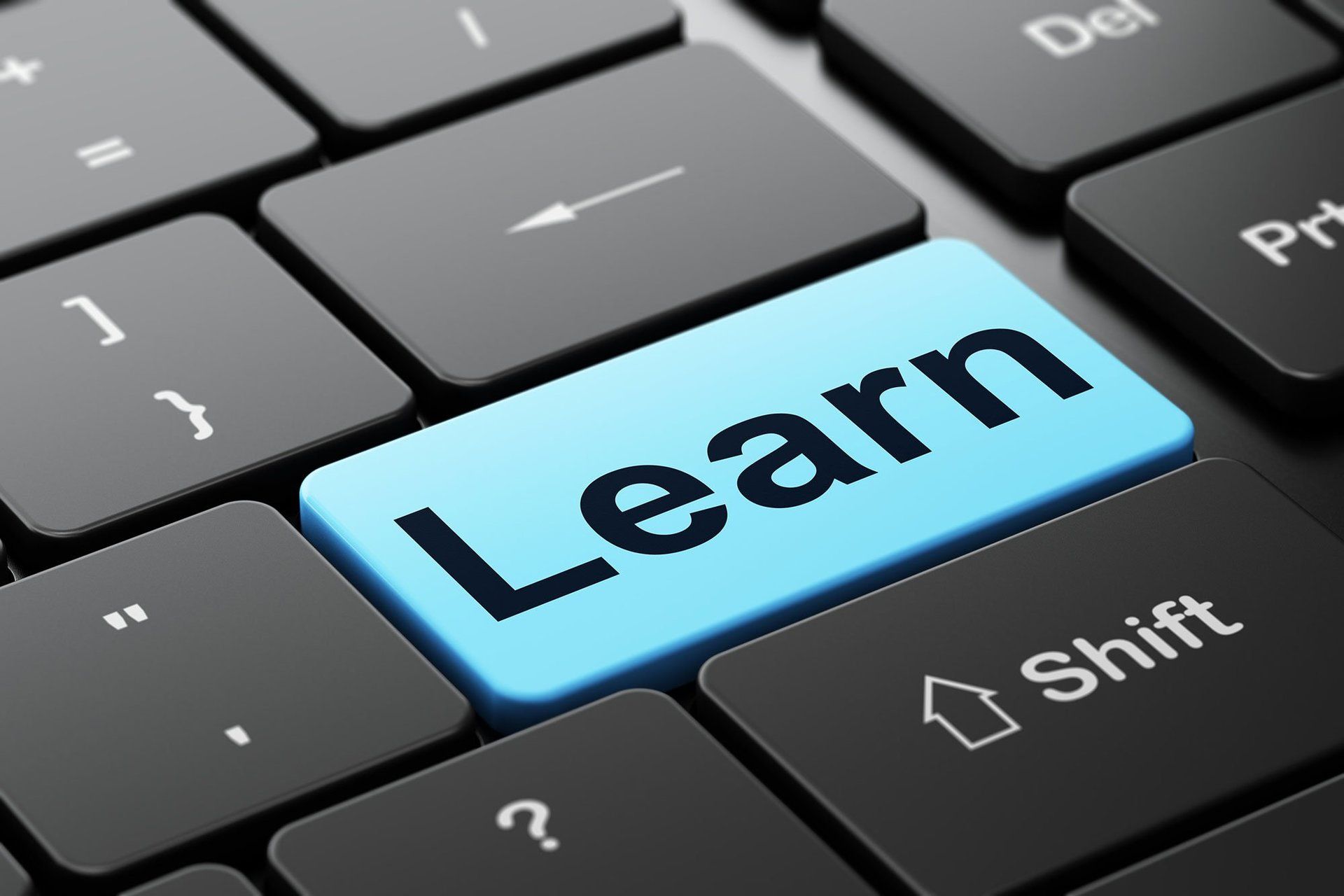Observation & Evaluation in the Age of COVID
- By Bernadette Cleland
- •
- 28 Jul, 2020
- •

Changes in Instructional Delivery
This spring schools across the country appropriately responded to the Coronavirus by moving to a remote learning delivery model. Teachers worked diligently to rework lessons to provide students with meaningful on-line learning. Principals worked diligently to support teachers and families as they embarked on this new learning model.
As the 2020-2021 school year approaches, many schools are planning hybrid delivery models that continue to offer at least some remote learning opportunities. Amid all these changes many of the traditional systems of “doing school” have to be reimagined. One of the traditional and required responsibilities for school administrators, no matter the delivery model, is conducting teacher observations/evaluations. Both teachers and administrators are wondering how to conduct observations in a meaningful way when visiting the on-site classroom may not be possible.
Schools/districts that have negotiated agreements regarding processes and procedures around supervision and evaluation should consider how the they can realistically fulfill those agreements. Some districts have suggested a temporary moratorium on evaluation, or a “hold harmless” sidebar to existing contract language. Our suggestion would be to engage in inclusive conversations on ways in which evaluation can be continued in a valid, reliable, and fair manner.
While a typical observation/evaluation process includes a brief pre-observation conference about the lesson to be observed, the classroom observation, and then perhaps a post-observation process to reflect upon the lesson, the observation takes center stage in the process. Why not flip the process and allow evidence of planning, student work, and instructional artifacts to be the focus of the evaluation process, replacing the pre and post conference with in-depth conversations about instruction and its outcomes.
Shift the Emphasis of the Evaluated Teaching Standards
Most districts use state teaching standards by which teaching practice is assessed. Often the standards that relate to the in-class, observable aspects of the classroom are given more attention than those standards that relate to planning, reflection, and professionalism. Research shows that attention to planning, reflection, and collaborative practices have an impact on student achievement1.
It is an opportune time to discuss the needs of students as they learn in a redesigned learning model. A deep dive into the planning of lessons that will meet the learning needs of students and includes attention to the resources teachers may need to deliver those lessons successfully provides support to teachers and to their students. After the lesson is taught there is an opportunity to analyze student work together and assess the degree to which each student progressed towards meeting the lesson objective and then how the assessment data informs the next lesson.
In depth conversations about artifacts related to student needs, lesson design, and student work align to Teaching Standards such as those used in California: Engaging and Supporting All Students in Learning, Planning Instruction and Designing Learning Experiences for All Students, Assessing Students for Learning, and Developing as a Professional Educator. Evidence from the artifacts and conversations aligned to the district’s teaching standards invite the teacher and observer/administrator to analyze practice in ways that should move teaching and learning forward.
Conversations for Growth
Both the teachers and administrators with whom we work report meaningful conversations about practice to be the most rewarding part of the observation process, so why not capitalize on that feedback? Conversations, when designed so both parties are equally engaged and the focus is on the work, not the teacher, are most effective. Observers/administrators who ask questions rather than critique a lesson open the door for teachers to take the lead in explaining their work and can evolve into more of a coaching relationship rather than one centered solely on evaluation.
A model where observers/administrators focus their work around the planning of engaging virtual - or in-person instruction has the potential to result in deeper understanding of each teacher’s instructional planning. For example, conversations around how the lesson objective aligns to the content standards and how students will demonstrate mastery of the lesson objective informs everyone. A follow-up conversation that includes the student work generated from the lesson allows the observer/administrator to learn about the students, the degree to which they are understanding the work, and how the results of the work impact the next lesson or how particular students will be enriched or remediated if needed. In fact, conversations such as these demonstrate a “we’re in this together” attitude that increases trust in people and processes.
Imagine too that the observer/administrator and the teacher look at the rubric for the teaching standards together and determine together where the teacher’s practice falls on the rubric based on the evidence gathered from artifacts, such as the lesson plan and student work, and the teacher’s own words during the conversations. Once there is mutual agreement about where practice falls on the rubric, the teacher is able to consider the steps that s/he could take to move practice to the next level of performance. Teachers whose practice is determined to be very effective may take a leadership role in helping colleagues with that particular aspect of the rubric. Conversations where the teacher has equal participation tends to lead to teacher ownership of the process while, at the same time, giving the observer/ administrator a deeper understanding of the teacher’s practice.
Conclusion
School as we know it has changed. Change is an opportunity to rethink how we do things to make them better, or more efficient, or more meaningful. We invite you to rethink the observation/evaluation process so rather than being an exercise in compliance, it becomes a powerful leverage for educators working collaboratively towards providing students with engaging, rigorous learning no matter the delivery model.
About the Author:
Bernadette Cleland is the co-owner of Teaching Learning Solutions (TLS), Inc. https://www.teachinglearningsolutions.com along with Albert (Duffy) Miller. Bernie and Duffy work with schools across the United States around topics such as educator quality, coaching, and school improvement initiatives. Bernie can be reached at: bernie@teachinglearningsolutions.com



http://blogs.edweek.org/edweek/inside-school-research/2018/01/feedback_for_teachers_may_boos.html?cm...

Order the book or download a free pdf of the text visit!



